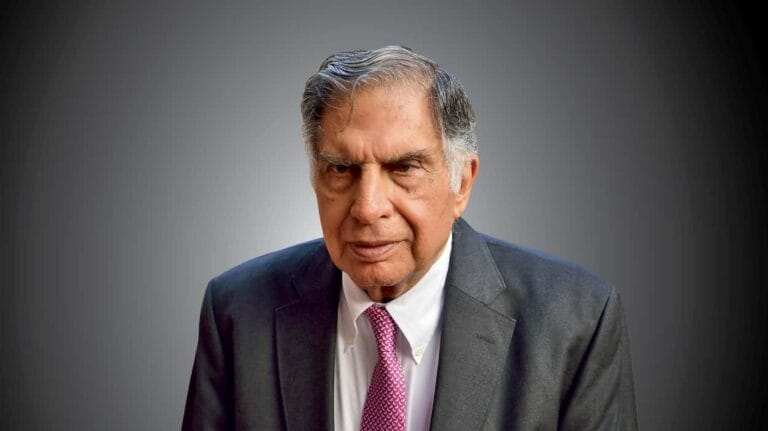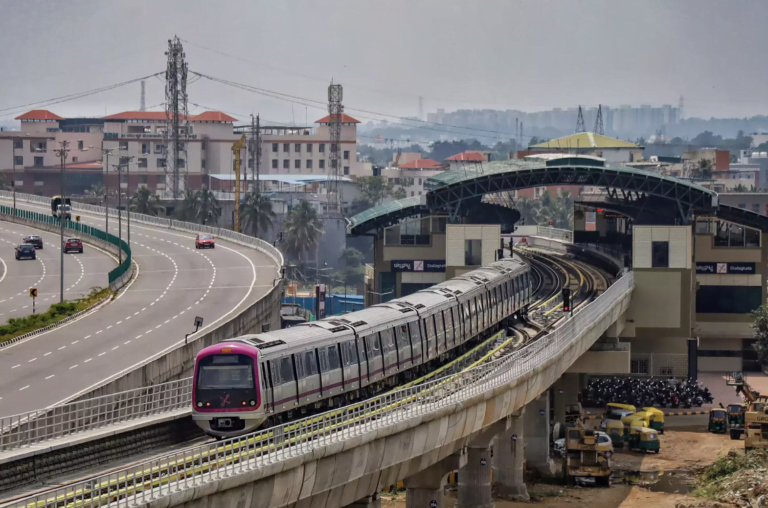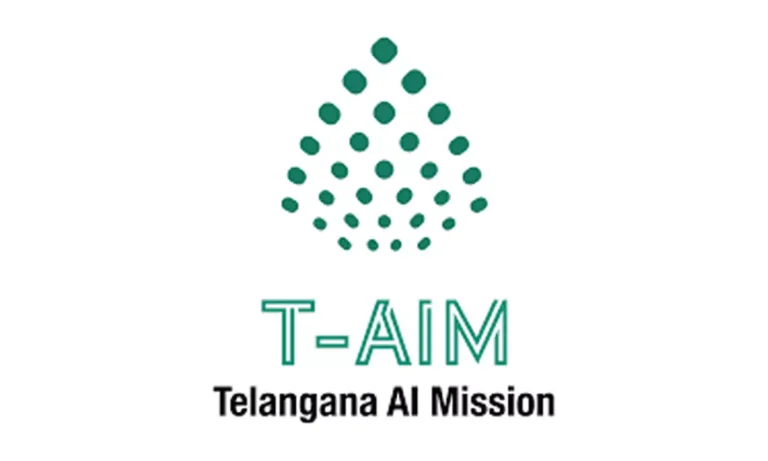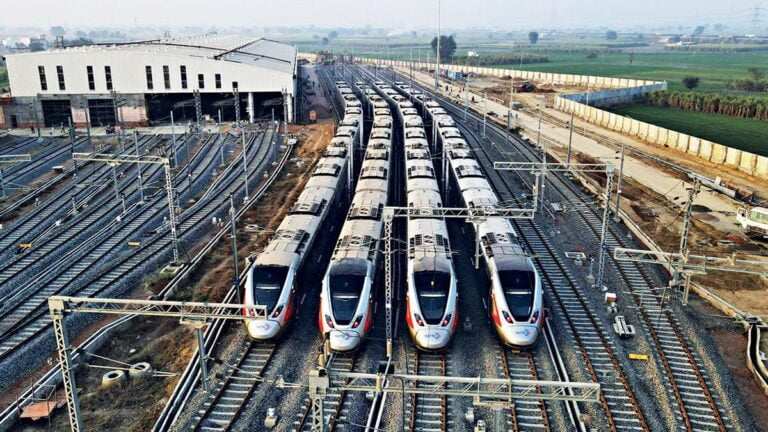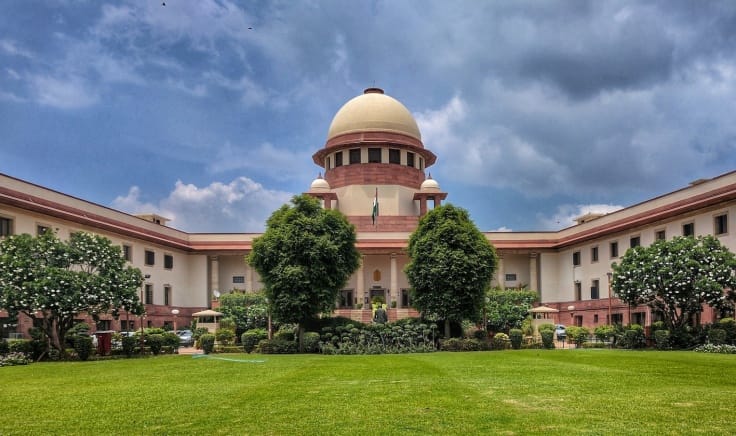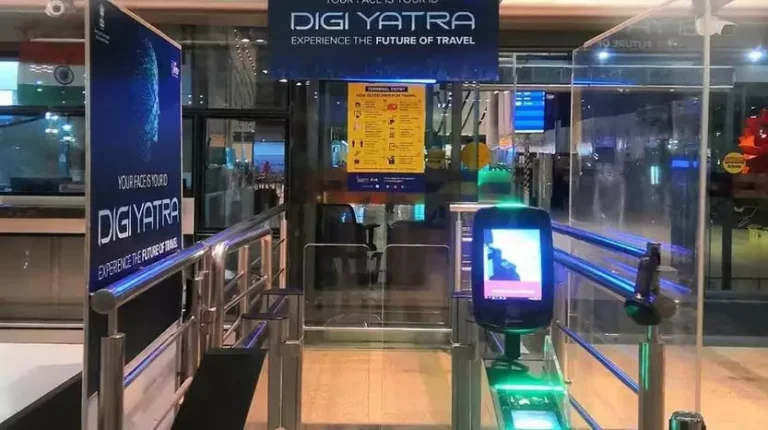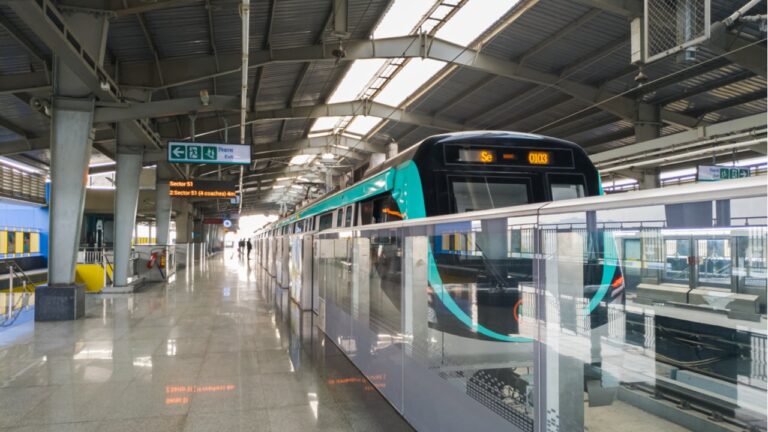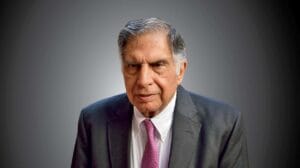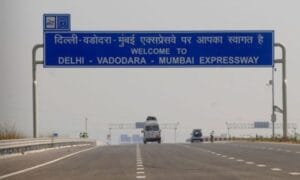Ratan Tata, the former chairman of Tata Sons, passed away at the age of 86 on October 9, 2024, at Mumbai’s Breach Candy Hospital, where he had been admitted for medical check-ups related to age-related conditions. Tata was an iconic figure who played a pivotal role in shaping the Tata Group into a global conglomerate and symbolizing the success of Indian businesses on the world stage.
Early Life and Education
Born in Bombay (now Mumbai) on December 28, 1937, Ratan Tata was the son of Naval Tata and Soonoo Tata. He completed his higher education at Cornell University before joining the Tata Group, embarking on a journey that would see him rise through the ranks over the next three decades.
Leadership at Tata Group
In March 1991, Ratan Tata assumed the role of chairman of Tata Sons. During his tenure, he led the group through India’s economic liberalization and spearheaded several key acquisitions that extended the group’s global presence. Some of the notable acquisitions under his leadership include Jaguar Land Rover and Corus Steel, which significantly enhanced the Tata Group’s global footprint.
Legacy of Transformation
Tata’s leadership transformed the Tata Group into a more innovative and risk-taking organization. He is credited with creating a more cohesive and forward-thinking entity, which was vital to its success. Despite initial skepticism from some quarters, Ratan Tata silenced his critics and cemented the Tata Group’s position as a global powerhouse. His leadership not only brought about corporate success but also fostered innovation, setting the stage for future growth.
Iconic Projects and Challenges
One of Tata’s most notable ventures was the launch of the Tata Nano in 2008, an ambitious project aimed at creating the world’s most affordable car, designed to make mobility accessible to the masses. Despite the challenges that followed JRD Tata’s passing in 1993, Ratan Tata’s grace in handling criticism and difficulties was widely respected, solidifying his reputation as a strong leader.
Philanthropy and Social Impact
Throughout his life, Ratan Tata was deeply committed to philanthropy. Under his guidance, Tata Trusts supported numerous charitable projects focused on education, healthcare, and rural development. His work in philanthropy left an indelible mark on millions of lives across India.
Life Beyond Business
Even after retiring as the chairman of Tata Group in 2012, Tata remained involved with the company as chairman emeritus of Tata Sons. Post-retirement, he focused on supporting startups and entrepreneurship. Outside of work, he had a passion for architecture, cars, and flying planes. Known for his simplicity and modesty, he embodied integrity and social responsibility, traits that made him a beloved figure in both business and philanthropic circles.
Tributes and Awards
Following his passing, tributes poured in from across India and the world. Infosys founder Narayana Murthy hailed him as a role model, while Anand Mahindra expressed disbelief at his loss. Sundar Pichai, the CEO of Google, praised his significant contributions to business and philanthropy. Ratan Tata was the recipient of several prestigious honors, including the Padma Vibhushan in 2008, India’s second-highest civilian award, in recognition of his contributions to trade and industry.

